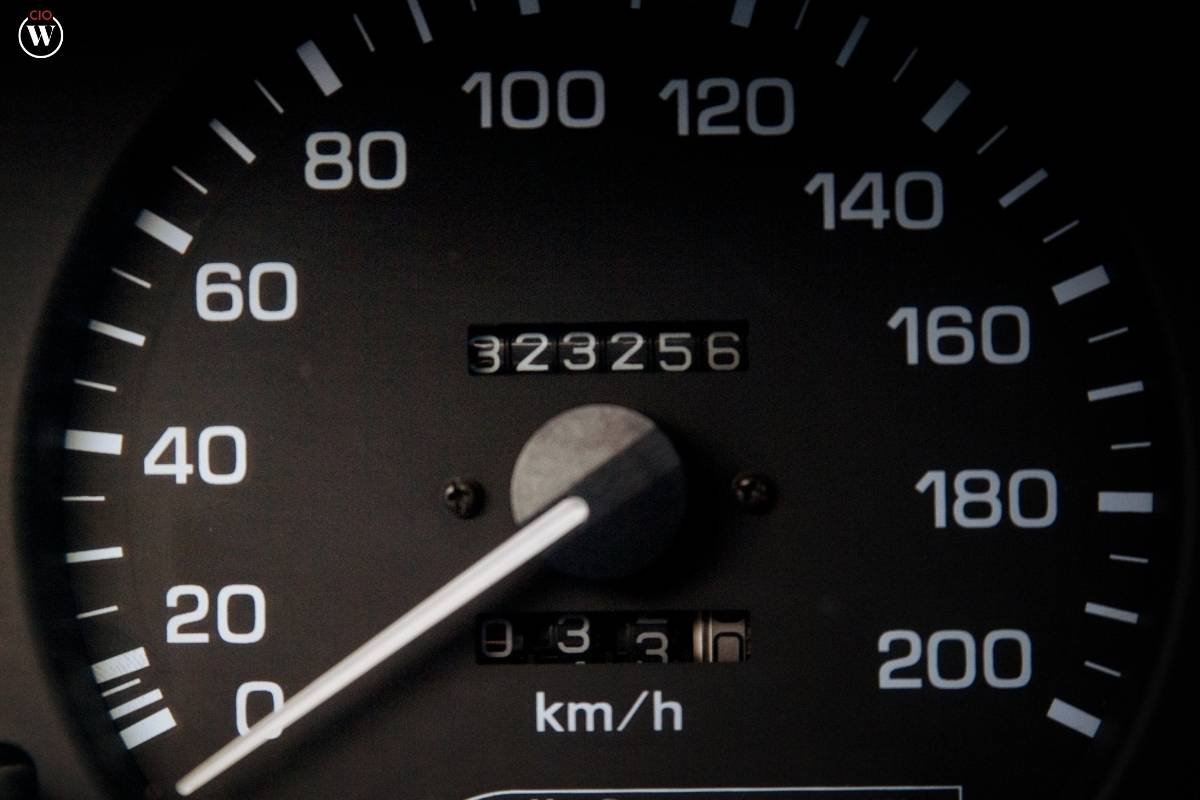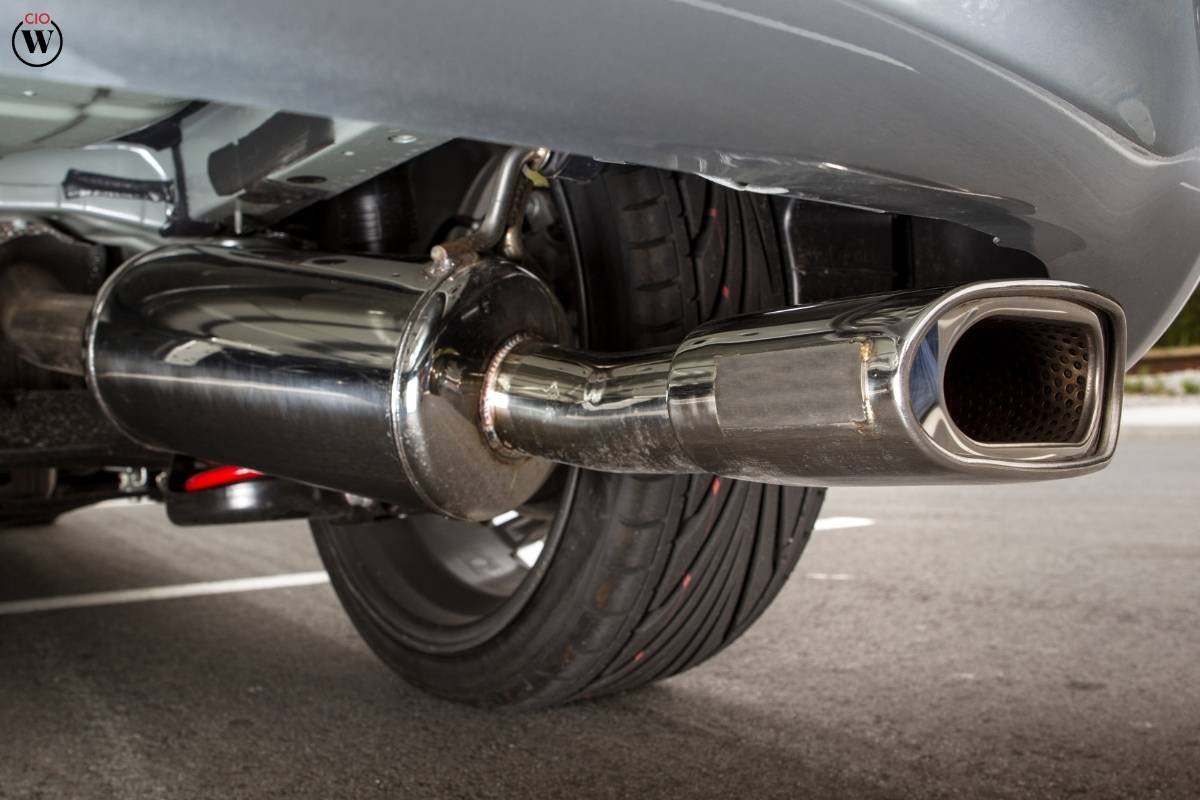The world of motorcycles is a fascinating realm where performance and efficiency coalesce to create a thrilling riding experience. Among the myriad factors influencing a motorcycle’s performance, the exhaust system plays a crucial role. In this article, we will delve into the question that often preoccupies the minds of riders and enthusiasts alike: Does exhaust affect mileage?
Understanding the Motorcycle Exhaust System:
Before we explore the intricate connection between exhaust systems and mileage, it is essential to grasp the fundamentals of a motorcycle’s exhaust system. The exhaust system is designed to expel the combustion gases produced during the engine’s power cycle. It consists of various components, including the exhaust manifold, catalytic converter, muffler, and exhaust pipe. Each component contributes to the overall efficiency and performance of the motorcycle.
The Impact of Exhaust Design on Mileage:
The design of the exhaust system can significantly influence a motorcycle’s mileage. One key factor is the backpressure created by the exhaust system. Backpressure refers to the resistance encountered by the exhaust gases as they exit the engine. While some backpressure is necessary for optimal performance, excessive backpressure can lead to inefficiencies and affect mileage.

When the exhaust system is too restrictive, it can impede the smooth flow of exhaust gases, causing the engine to work harder to expel them. This increased workload can result in higher fuel consumption, ultimately affecting the motorcycle’s mileage. Therefore, finding the right balance in exhaust design is crucial for maintaining an optimal level of backpressure and finding the answer to how does exhaust affect mileage of a motorcycle.
Aftermarket Exhaust Systems and Mileage:
Many riders opt for aftermarket exhaust systems to enhance their motorcycle’s performance and aesthetics. Aftermarket exhausts come in a variety of designs, materials, and configurations, allowing riders to customize their bikes according to their preferences. However, the decision to install an aftermarket exhaust should be made with careful consideration of its potential impact on mileage.
One common misconception is that all aftermarket exhaust systems lead to reduced mileage. While it is true that some aftermarket exhausts may increase engine power and alter the backpressure, not all modifications result in decreased fuel efficiency. In fact, some riders report improved mileage after installing certain aftermarket exhaust systems that optimize engine performance.
Catalytic Converters and Fuel Efficiency:
The catalytic converter is a crucial component of the exhaust system, responsible for reducing harmful emissions. However, it can also impact fuel efficiency. Catalytic converters introduce additional restrictions to the exhaust flow as they convert harmful gases into less harmful substances. This added resistance can contribute to increased back pressure and affect mileage.
Despite their role in emission control, catalytic converters are often a point of consideration for riders looking to improve performance and mileage. Some aftermarket exhaust systems come equipped with high-flow catalytic converters that aim to strike a balance between emission control and optimized exhaust flow. These systems claim to enhance performance without compromising fuel efficiency.
The Role of Exhaust Material:
Another aspect of exhaust systems that can influence mileage is the material used in their construction. Traditional exhaust systems are typically made of steel, which may be heavy and prone to rust. Upgrading to lighter and more durable materials, such as stainless steel or titanium, can contribute to weight reduction and corrosion resistance, potentially impacting mileage positively.

Stainless steel and titanium exhausts are known for their ability to withstand high temperatures and corrosive elements, making them popular choices among riders seeking both durability and performance. While the weight reduction may not be substantial, every pound shed contributes to improved overall efficiency and, consequently, better mileage.
Tuning and Fuel Management:
When riders decide to modify their exhaust systems, it often goes hand in hand with engine tuning and fuel management adjustments. These modifications are crucial for maintaining the optimal air-fuel ratio and preventing issues like lean or rich fuel mixtures.
An aftermarket exhaust system, when paired with a proper tuning and fuel management setup, can unleash the full potential of a motorcycle’s engine without sacrificing fuel efficiency. In some cases, riders may experience improved mileage as the engine operates more efficiently with the upgraded exhaust system.
Real-world Rider Experiences:
To understand how does exhaust affect mileage of a motorcycle, it is valuable to consider real-world rider experiences. Many riders share their observations and opinions on online forums and social media platforms. While individual experiences may vary, certain patterns emerge, providing a broader perspective on the relationship between exhaust systems and mileage.

Some riders report a noticeable decrease in mileage after installing aftermarket exhaust systems, especially if the modifications lead to a significant increase in engine power. On the other hand, there are riders who claim to have achieved better mileage with carefully chosen aftermarket exhaust setups.
Conclusion
In the intricate dance between performance and efficiency, the motorcycle exhaust system plays a pivotal role. The question, “Does exhaust affect mileage?” does not yield a one-size-fits-all answer. The impact of exhaust systems on mileage is multifaceted and depends on various factors, including design, materials, and rider preferences.
While some aftermarket exhaust systems may contribute to reduced mileage due to increased backpressure or altered engine dynamics, others can enhance efficiency and performance. The key lies in finding the right balance and understanding that each motorcycle is unique, responding differently to modifications.
Ultimately, riders must carefully evaluate their priorities and preferences when considering exhaust system modifications. Whether aiming for enhanced performance, improved aesthetics, or optimal fuel efficiency, a well-informed decision will ensure a satisfying riding experience that aligns with individual preferences and the specific characteristics of the motorcycle in question.









